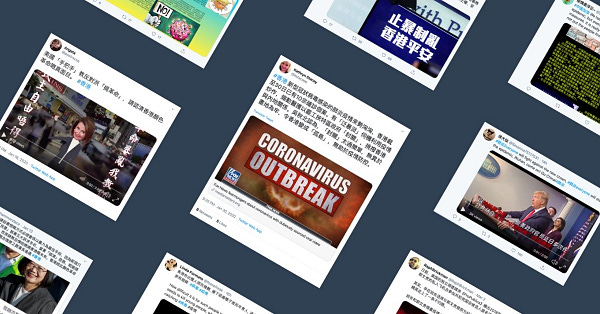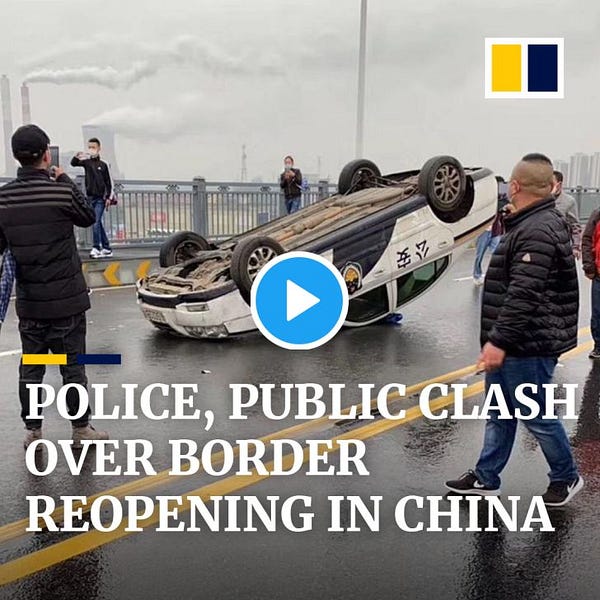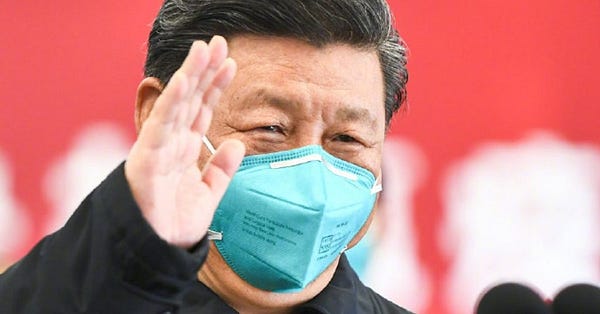Pandemic of propaganda


The outbreak of COVID-19 provided much insight into the workings of Chinese propaganda efforts on social media. Questions are also being raised about faulty coronavirus tests now being exported to Europe. Beijing has seemed to back off spinning conspiracy theories, which only contributed to a legacy of disinformation:
The World Health Organization was accused of being influenced by Beijing after its Canadian official hung up on a journalist who asked about the pandemic in Taiwan. WHO’s stance is that China has done a good job.
New views from Wuhan


Confusion reigned after weeks of living under lockdown, a policy which is credited for preventing 70,000 deaths. But the sighting of 5,000 urns being delivered to a single mortuary sparked questions about whether Wuhan’s reported COVID-19 death toll of 2,535 was falsified. Still, there are verified signs of regular life resuming:
China appearing to have overcome the worst of the coronavirus included sightings of bats and rabbits being sold in markets again. But some venues allowed to reopen were told by the government to close again. Online retail trends indicate that many allowed to go out again prefer staying inside, despite sightings of ravenous “revenge shoppers.”
The hand-washing war


Donald Trump pledged to work with Xi Jinping to beat back the pandemic: naturally, the president announced it on Twitter. But also in the air is China’s opportunity to cement its place as a global power amidst the crisis. The power game between the countries is being reframed by which one can economically prevail upon recovery.
Huawei keeps fighting

Tensions surrounding the tech giant haven’t taken a break: Huawei is warning of retaliation should the U.S. increase pressure to block its business—by arguing that the countermeasures would cripple an interconnected global industry. And yet, experts think China will start making its own chips in response to a blacklist:


Huawei’s phone chief hopes to restore the company’s relationship with Google, figuring that their new foldable design will be too cool for Silicon Valley to resist an association.
The last words, for now
Chinese Basketball League legend Stephon Marbury played for 14 years with the New York Knicks, before leaving the U.S. to lead the Beijing Ducks to two championships, before becoming the head coach of the Beijing Royal Fighters. The connections he made in China helped Marbury broker a deal to send 10 million N95 masks:
The China Letter is sent on Wednesdays. If you’re not subscribed yet, do it here:











